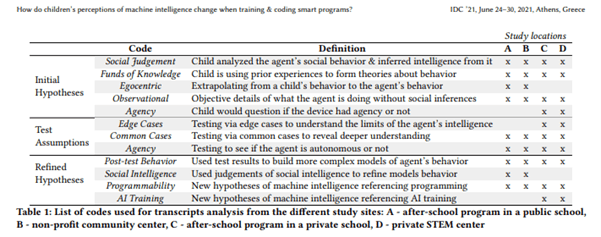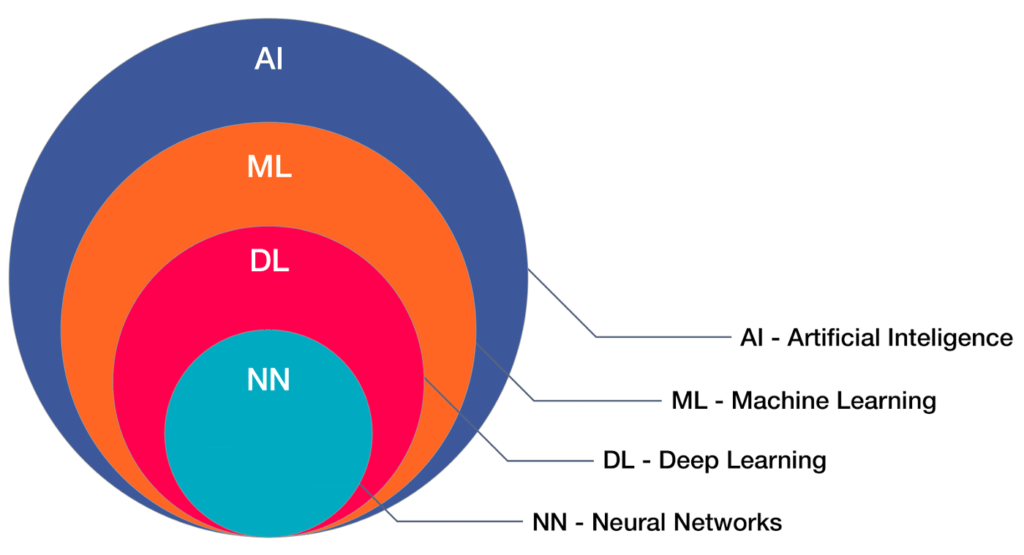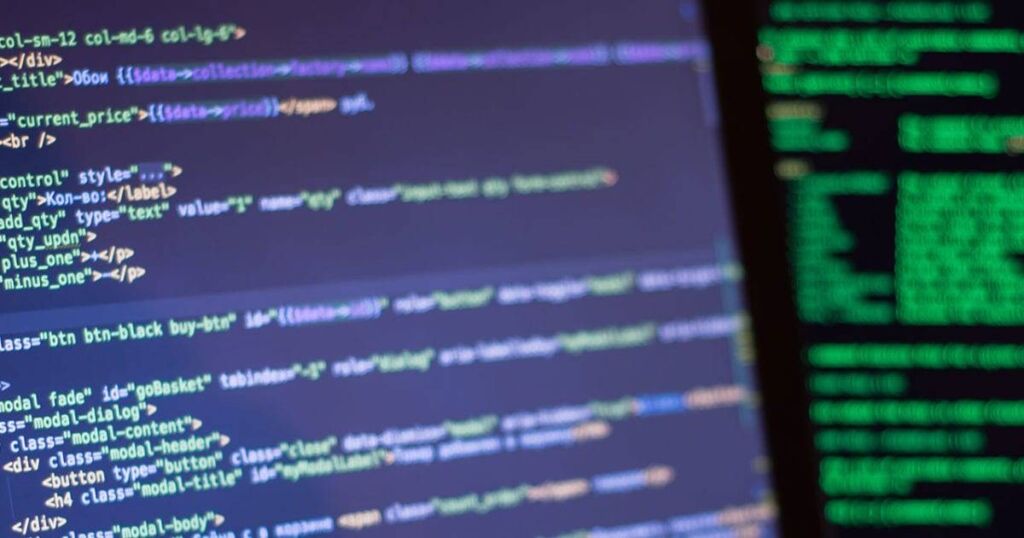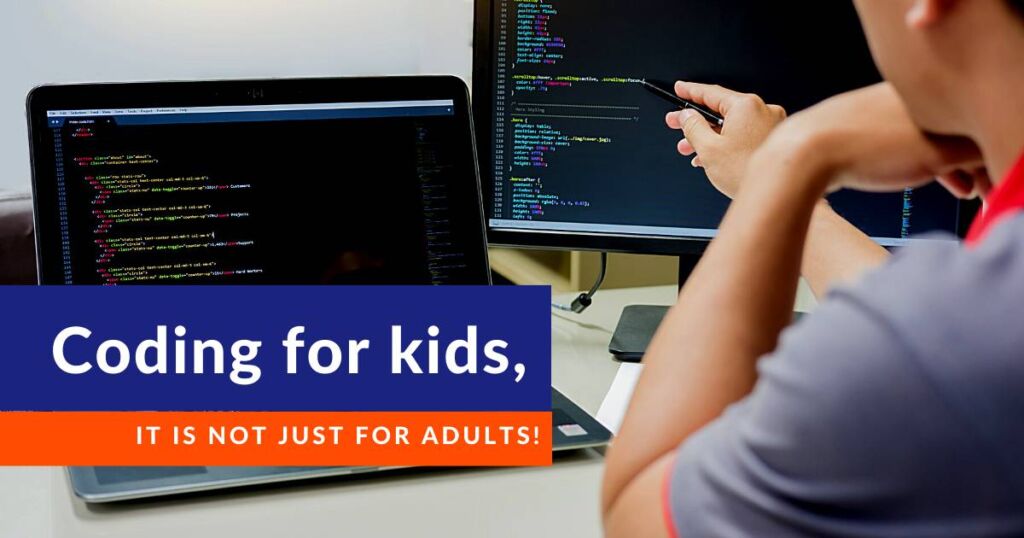This article is based out of a 2021 research paper published by researchers from the University of Washington. The primary publishers are Stefania Druga and Amy J. Ko, and the link to the original paper is mentioned in references at the end of this post.

Motive of the Study
Many children are spending more time engaging with artificial intelligence-based devices. This engagement with what we call smart agents is expected to increase and about 50% of North American households are expected to have a voice-assistant at home. To understand how children make sense of machine-intelligence when training and coding smart programs and how their perception of machine intelligence changes, the study is structured in the following order: perception game, observations of children in 3 learning activities, perception game, analyse pre/post perception game responses and observations to understand changes in children’s perception of machine-intelligence.
Methodology
This primary research of 4-week observational research of after-school programs of kids proves that children start to engage in a scientific method of viewing smart AI based devices when they learn to code by themselves and become more skeptical of certain abilities of smart devices. Children who learn to code start to engage in scientific method while learning coding – training, coding and testing the programs.
Results of the Study
In this section, we present an overall summary of our perceptions of children’s experiences and learnings. After a 4-week observational study in after-school programs, we found programming with AI leads many children to replace conceptions of smart agents as intelligent with new conceptions of smart agents as fallible but helpful. If we can build a robust understanding of how to promote AI literacies, we will be much better positioned to respond to a future in which AI is embedded in children’s’ everyday lives.

Numerous efforts over the past few decades have attempted to engage children in learning to code. Early efforts viewed coding as a path to more robust general problem-solving skills; more recent efforts in North America and Europe have sought to add or integrate computer science concepts into primary and secondary school curricula, often with goals of equitable economic attainment (e.g., csforall.org). Most of these efforts have focused on introducing basic concepts in programming languages and algorithms, where the behavior of computer programs is determined primarily by the programmer. Only recently have these modern efforts at CS literacy begun to explore AI literacy and coding courses across the world are taking a leap of faith that kids can learn coding and machine-learning and data science. Well, the attempt herein teaching kids AI/ML is less to make them machine-learning scientists and data scientists, and more to prime them towards data and scientific approach and thinking and giving the basics of training models, which is working wonders for kids across the world.
Hope this is useful, thank you.
References:
https://stefania11.github.io/assets/pdf/IDC_Machine_Intelligence_Perception_2021.pdf
You may like to read – Introducing Binary Trees in Computer Science to Kids.




